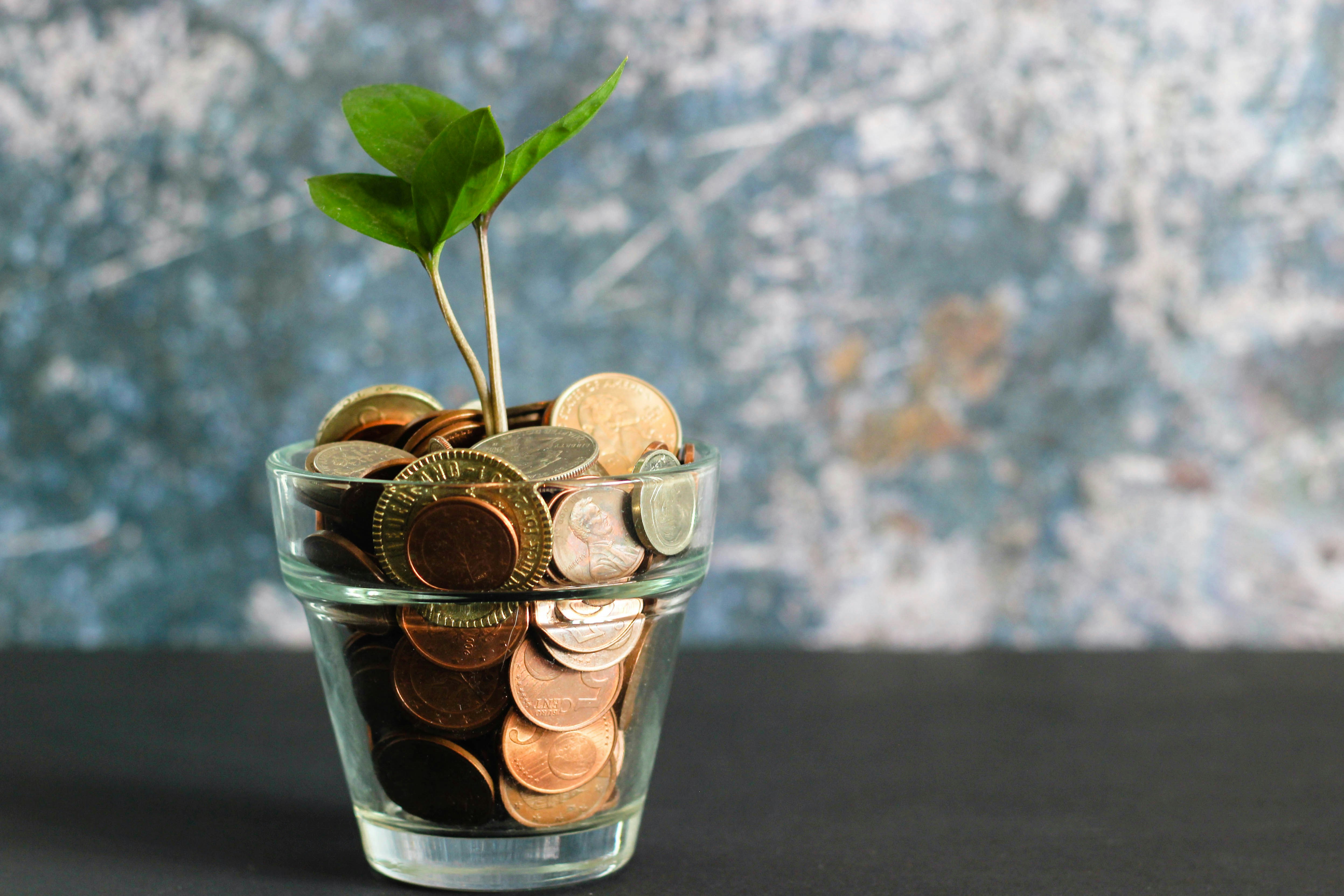How Much Money Should You Save for a Home?
Owning a home is a huge life choice and a goal for many, but knowing how much money to save and when is the right time to buy isn’t easy, especially if you’re a first-time homebuyer. There are a lot of factors that play into what you should prepare for financially, so it’s essential that you invest the time into researching what the costs are for the average homeowner in the area you’re looking to move, and plan a realistic budget for your search. Once you’ve chosen your dream location and have a price range in mind, it’s time to start figuring out exactly how much you need to save before you’re ready to move-in.
Setting a Budget

The first thing you need to do when purchasing a home is to decide what price range you’ll be looking within. Many economists suggest that your mortgage payment shouldn’t exceed 28% of your monthly budget. Take into account any other debts that you have to pay regularly as well, such as student loans and credit card bills. You don’t want the payments to add up to more than you expected and leave you in a bad financial situation after you’ve already made a commitment to purchase your home.
It’s important that you stay committed to your budget when you start the search, it’s easy to splurge or convince yourself you’ll be able to manage the cost at the moment, but you don’t want to set yourself up to have poor finances in the future without a way to increase your income.
When it comes to saving for a down payment, while it isn’t required to put 20% of the price down before signing, it’s always a good idea to make as large of a down payment as you can afford. If you’re struggling to come close to a 20% down payment, it might be a sign that you’re looking at homes that are a little more expensive than what makes sense for your budget.
You’ll also need to cover closing costs, moving costs, repairs, and you’ll probably want to save for emergencies or unexpected expenses along the way. It’s worth it to sit down with a financial advisor or an expert to estimate all these costs, to give you a better idea of what you’ll need to save.
Purchasing Your Home

There are two main routes to homeownership, one of which involves buying a built house, and the other is building your own home. There are pros and cons to both routes, and obviously, construction can take a longer time, but the end result is a home that’s designed specifically to suit your taste and your needs. If you’re considering having your home built for you, you can take a look at display homes for sale from sustainable and high-quality home builders.
Searching for a built house comes with its own set of challenges. You might find that it’s hard to find a home in the area you love that addresses all your needs, or only have interest in properties that would require additional investment in the form of renovations or an extension. There’s no “wrong” choice between purchasing a built home or hiring home builders, just take time to consider your situation and what your family needs in a home before you move forward.
If you need a home loan, as most people do, make sure you do your research and carry out an online search of “find lowest home loan rates.” The rate you qualify for can differ depending on which lender you choose, how much debt you have, and a number of other factors, so it makes sense to shop around and compare different rates before you decide which one to use. If you are having trouble finding a rate you’re comfortable with, consider taking time to pay down some of your debts before going ahead with the purchase.
While buying a home, especially for the first time, can be overwhelming, there’s no need to panic when it comes to figuring out the financial side of homeownership. Planning a firm budget, taking time to save for a down payment, and finding a home loan with a favorable rate are the best ways to ensure that you stay within your means when it comes time to cover the cost. Don’t rush any part of the process, you want to find a house you love with a mortgage that you’re comfortable with paying, and that’s always worth the wait.
